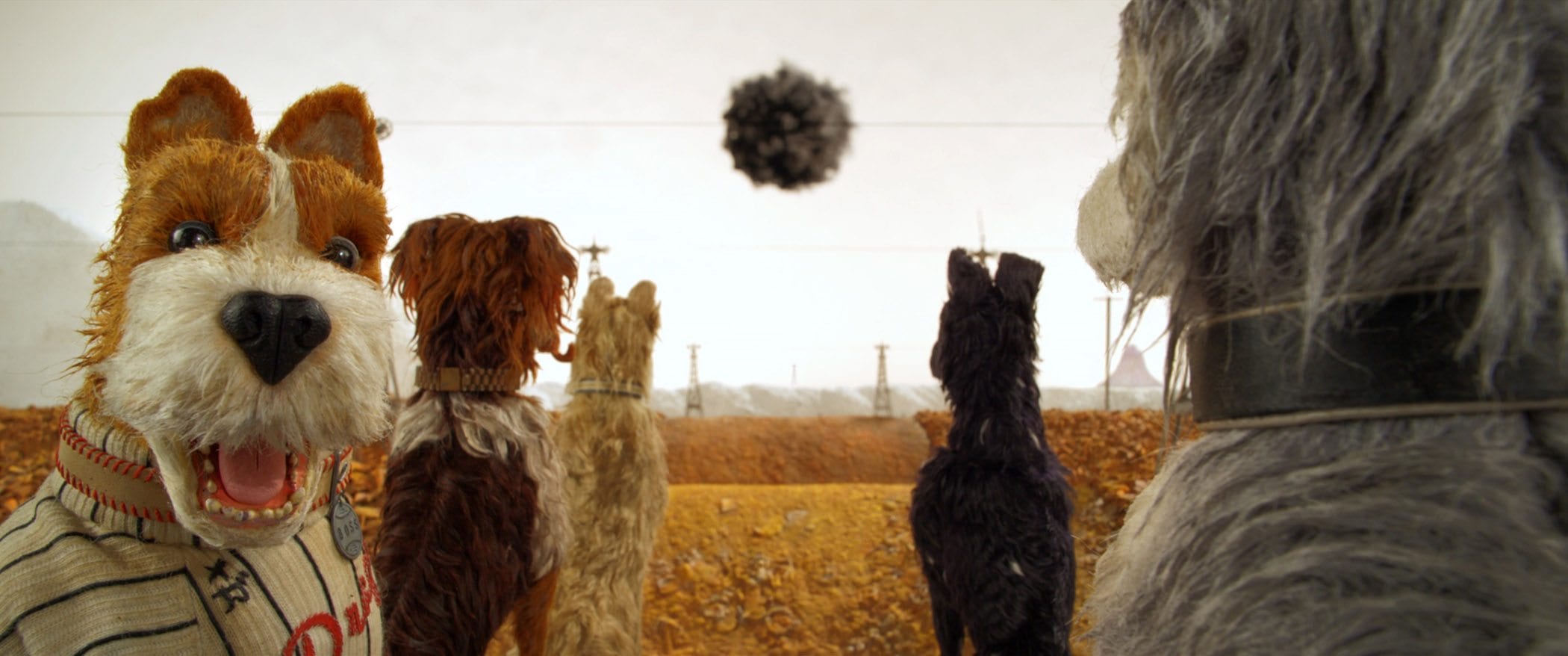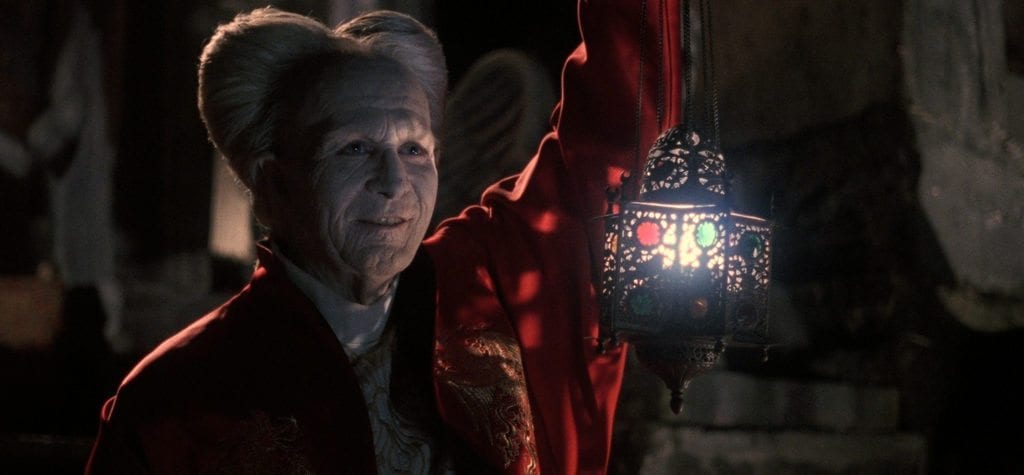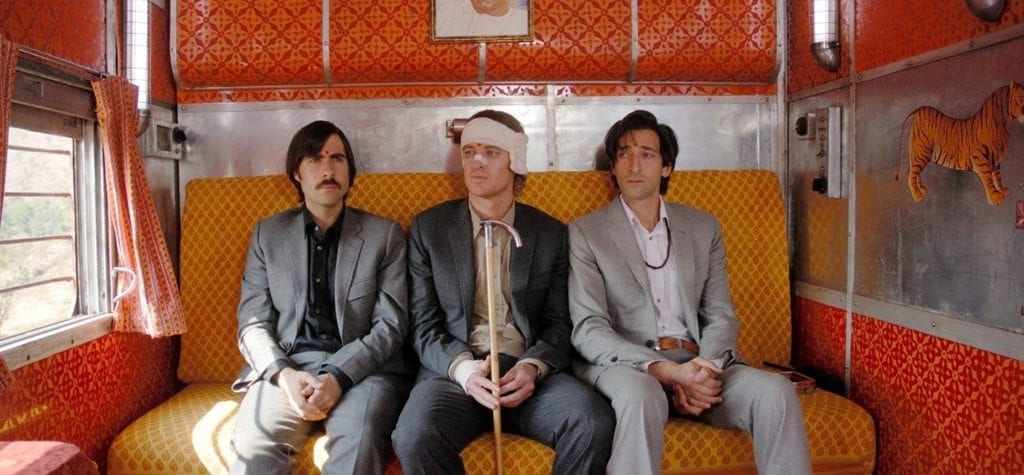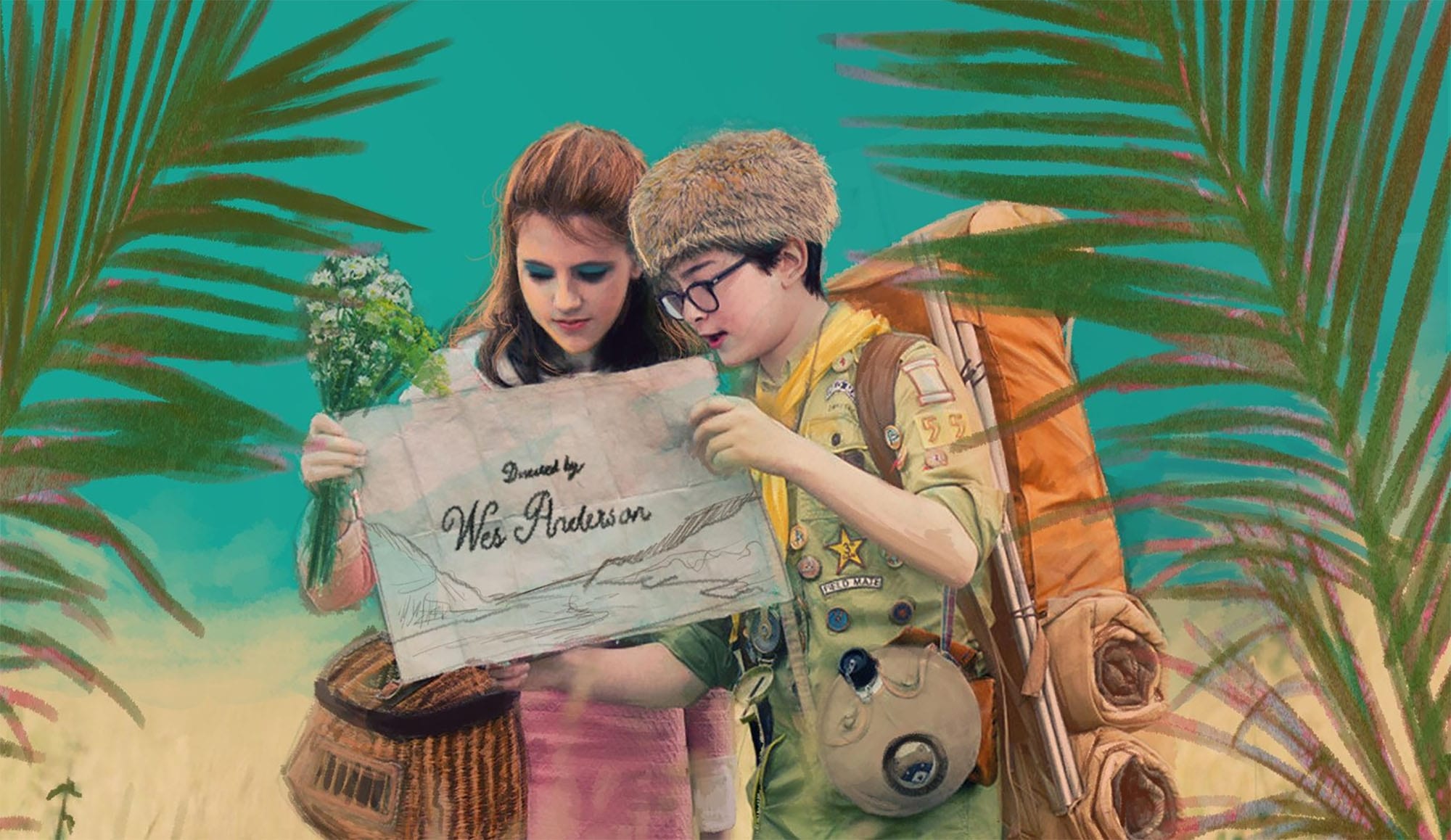
Roman Coppola: Wes Anderson’s unsung creative hero?
Collaborator Wes Anderson calls him his “Swiss Army knife” and the man has enjoyed a career doing just about every behind-the-scenes job imaginable (from director of photography to editor and even producer.) But just what impact has Roman Coppola had on cinema? As it turns out, quite a big one.
In an IndieWire profile about Coppola’s creative contributions to Anderson’s new stop-motion spectacle Isle of Dogs, the unsung cinematic hero mused on why he works so well with the inimitable director. His thoughts provide a fascinating insight into the work he’s done on a number of iconic projects over the past few decades.

As collaborators, I know what that person is looking for. I have an understanding and respect and appreciation for what the director is trying to do, to help them get to a thing that is buried there. Sometimes it’s delicate and nascent and needs encouragement, framing it in just the right way, and drawing it out. With Wes, the material is latent in his imagination. My role is to point to things and make a connection happen.
With Isle of Dogs, Coppola & Anderson shaped and developed the unique script of the movie together, with the director sharing that they “had to invent an imaginary city and an imaginary government and several imaginary diseases.” However, it isn’t the first time he’s collaborated with Anderson in such a way to help construct a story. Nor is it the first time he’s worked his unique creative magic on other people’s ideas & projects.

The unsung cinematic hero
Having started his career as a production assistant and sound recordist for Robert Dalva’s The Black Stallion Returns, Coppola went on to direct two features – CQ & A Glimpse Inside the Mind of Charles Swan III (with middling results). However, within the legendary Coppola clan, he’s provided some notable behind-the-scenes help on a variety of more successful movies.
As well as serving as a second-unit director on productions like his father Francis Ford’s Bram Stoker’s Dracula and his sister Sofia’s A Very Murray Christmas, Coppola also helped Sofia to find financing and finish the script for her debut feature The Virgin Suicides. In 2016 – while assisting Sofia with the final script for The Beguiled – he also offered support to help his mom Eleanor shoot her first narrative film, Paris Can Wait (starring Alec Baldwin & Diane Lane).
As Coppola explained during a recent interview, the “support infrastructure” for storytelling and production begins over dinner. “Things will start when someone’s cooking up a script. Describing and expressing it on occasions when we can listen and comment. It’s nice to let it brew, especially when you have a shorthand, particularly with Sofia, observing and listening and giving feedback.”

Collaborating with cousin Jason Schwartzman (Bored to Death) on the eccentric Amazon series Mozart in the Jungle, that patient and collaborative approach to production and storytelling has been evident since the first season, in which stories and characters were powerfully left to “brew” themselves.
In a roundtable interview with Schwartzman about Mozart in the Jungle on IndieWire, Coppola identified the process involved for them both to figure out the show. “To be honest, we’ve been finding it as we go. The writing has been happening in a more immediate way, not preordained. As the actors get a feel who these people are, it’s very much reflecting on the show.”

Anderson’s one-man cinematic toolkit
Coppola’s organic, easygoing, and familiar touch has also been evident within the movies he’s collaborated on with Anderson. For instance, The Darjeeling Limited was developed in an unorthodox manner in which Coppola, Anderson, and Schwartzman wrote the movie “through acting it out” together.
“We knew we wanted to make a movie about three brothers trying to connect going on this experience together and kind of pushing things to try to feel something. So we would get together and go have dinner, walk around,” Coppola revealed during a 2012 interview.
We went to India together and we made a pact that any time we see a church we’re just going to go in. We just kind of assumed our characters and then we had all this material that we wove into the story.

Meanwhile, in the same interview it was evident Coppola’s creative collaboration with Anderson on Moonrise Kingdom came about due to his curiosity in an unfinished yet intriguing project, as well as their ability to riff on the story as friends.
“I was a little disappointed because I was like, ‘What’s next?’ . . . And you start to go through these questions and it just kind of got unlocked. In a couple of weeks, it just clicked and we started riffing. Sometimes you just get on a roll and you have that gestation of all that raw material and you can kind of fly.”

Of course, the common thread between these collaborations are the close bond Coppola appears to share with each filmmaker. Be they family or friends, Coppola appears to have the right spark for tapping into obscure kernels of inspiration or for sniffing out whatever path the story needs to take (in the fictional or real world) in order to achieve visual clarity.
Any filmmakers stuck on their latest opus can likely take a great deal of encouragement from this idea: take a break, lean on your loved ones, riff the story out – hell, maybe even go on a trip to India if you have to. But evidently, genius can’t always spark alone. Sometimes we all need a “Swiss Army knife” of a pal to help us tinker that gem out.



